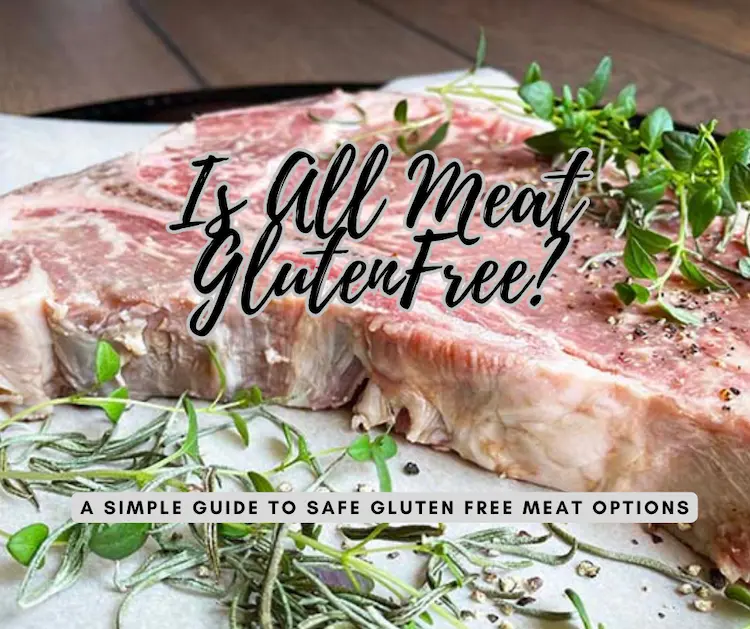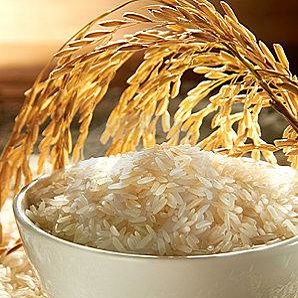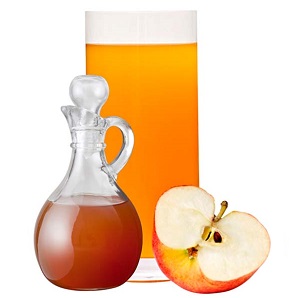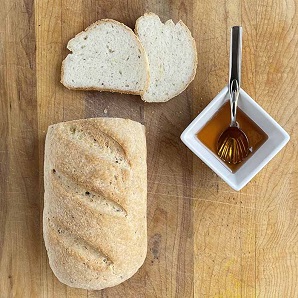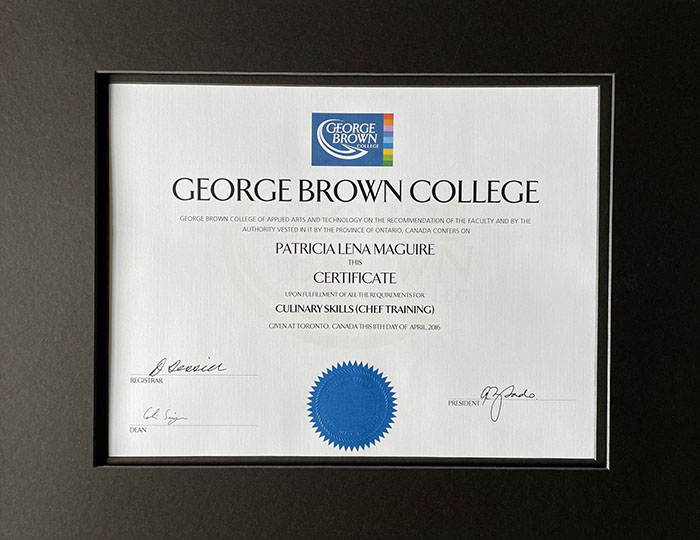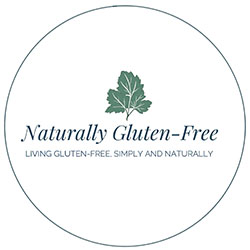- Home
- Living Gluten Free
- Apple Cider Vinegar and Celiac Disease
Apple Cider Vinegar and Celiac Disease
Have you been hearing about apple cider vinegar and wondering if it can help you?
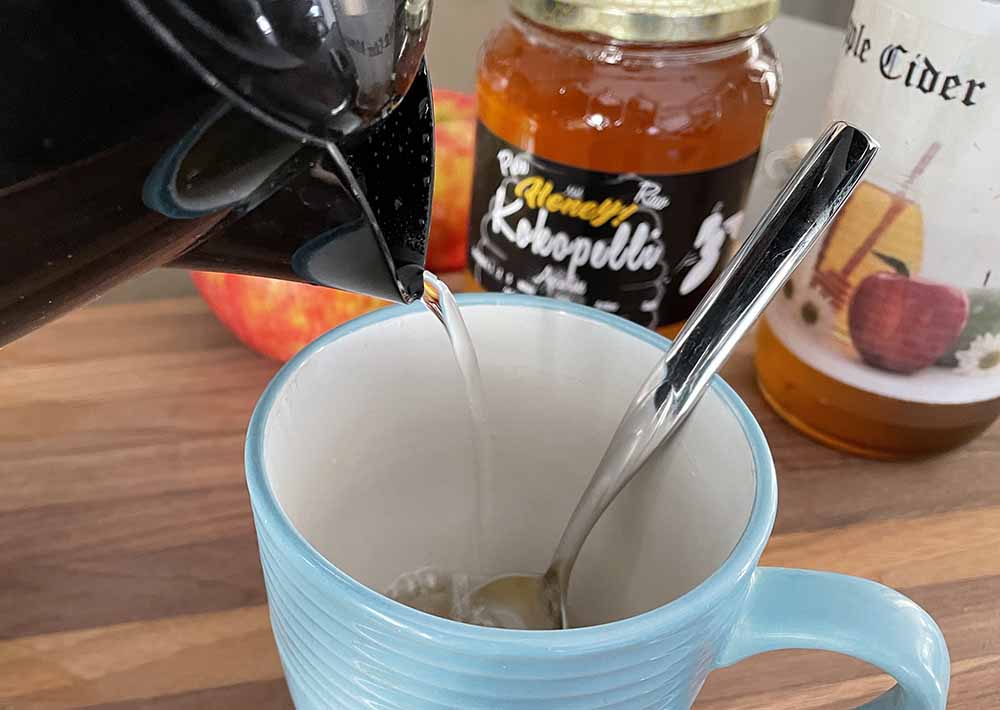
Have you googled "apple cider vinegar"? Apparently, it can do everything from cleaning your radiator to solving world peace.
Are you wondering if there is any truth to the hype?
Apple cider vinegar and celiac disease: I’m a big fan of both science and tradition. Apple cider vinegar reaches into both worlds. The science part is all the new discoveries about the human microbiome and gut health. The tradition part is about natural, soothing, health supporting remedies.
Read on for answers to your questions about apple cider vinegar. You may find that it can help you to manage your celiac disease or gluten intolerance.
Read through or use the links below to jump what interests you.
Can Apple Cider Vinegar Cure Celiac Disease?
Can Apple Cider Vinegar Prevent Miscarriage?
Can Apple Cider Vinegar Cure Celiac Disease?
No, apple cider vinegar does not cure celiac disease. There is no cure for celiac disease and the only treatment is a life long gluten-free diet.
What Can Apple Cider Vinegar Do?
A quick google search will bring back dozens of uses for apple cider vinegar. You can wash your hair in it. You can use it to control weeds and rodents in your garden or to clean your radiator.
But what we care about here is our gut, yours and mine. We care about the bacteria both good and bad that populate it and affect how we feel every day.
Pre-biotics vs Pro-biotics
Pin For Later
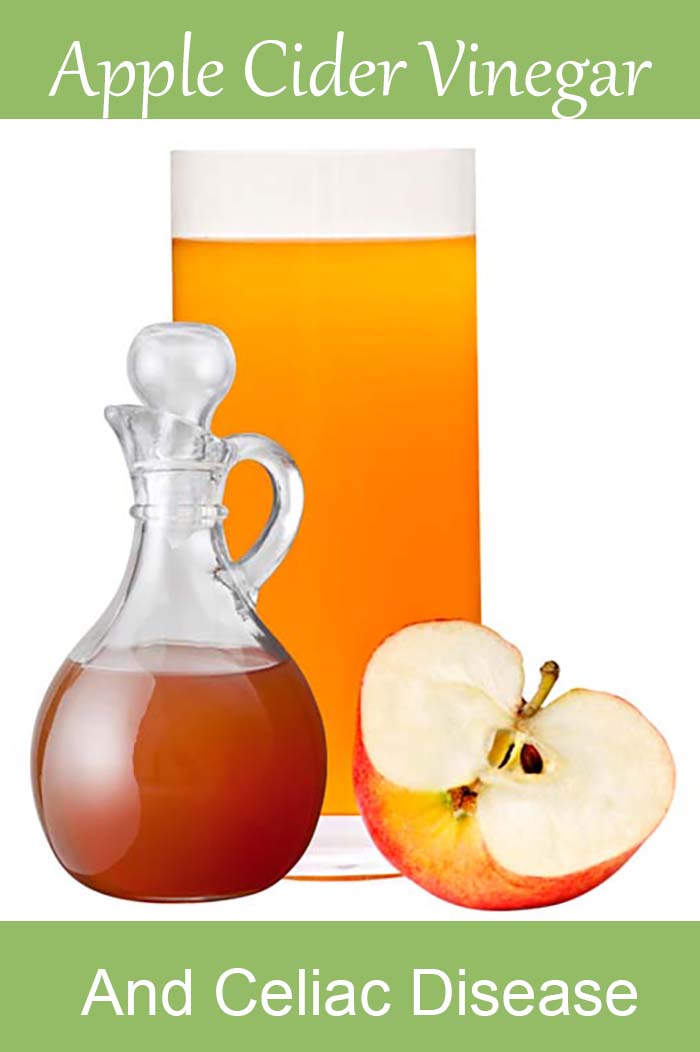
Pro-biotics are symbiotic organisms.
They are the bacteria that live on our skin and in our bodies and are essential to our health and well being. As a group, they form our microbiome.
Pre-biotics are carbohydrates that can’t be digested by the human body. They are food for pro-biotics. 1
What is a Microbiome?
According to Miriam Webster Dictionary a microbiome is " a community of microorganisms (such as bacteria, fungi and viruses) that inhabit a particular environment and especially the collection of microorganisms living in or on the human body."2
In fact, it turns out that we are actually more microorganism that we are human. What? Yes that's right. Microbial cells outnumber human cells in our bodies by a ratio of about 1.3 to 1.
What Do All These Little Beasties Do?

Well, that's been the topic of some of the most intense research of the last 20 years, and scientists are still figuring it all out.
My own doctor told me that, although research is very promising , "if anyone tells you they have the answers now, they're not being honest". But we do know that the microbiome helps regulate many of our body's functions, especially digestion. This means that looking after this rather large colony of guests is pretty important. The health of the microbiome has also been linked to issues with mood, sleep, obesity and even skin cancer3.
The problem is, there are many things in our modern lives that can interfere with the health of our microbiome. The most obvious one is anti-biotics. While the discovery of anti-biotics is one of the great advances of medical science, there is a down side. They don't just kill the bad germs that are making us sick, they kill the good ones that are keeping us healthy.
What Are Probiotics and How Do They Help?
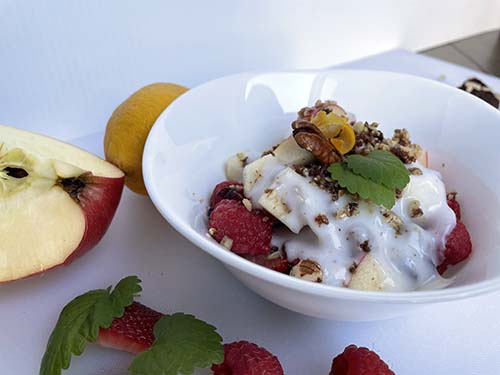
Probiotics are the good bacteria.
Your microbiome could be compromised by anti-biotics or an unhealthy diet or a condition like celiac disease. If this is the case, probiotics might help.
You can take probiotics in capsule form. You can also get them from your diet in the form of fermented foods like yogurt, kimchi, kombucha, sauerkraut and yes, apple cider vinegar.
We don't know yet how effective the capsules are, but we do know that fermented foods work.
In his book, “An Epidemic of Absence: A New Way of Understanding Allergies and Auto-Immune Diseases”, Moses Velasquez-Manoff reports on research into celiac treatment with pro-biotics. The research he cites suggests that people with celiac disease may tolerate gluten better if the micro biome is improved4. (spoiler, this does not mean you can eat gluten!)
Even celiac.com talks about pro-biotics, saying they help to improve gut health. Recent and ongoing scientific studies also point in that direction.5
So...if pro-biotics support health in celiac patients, and pre-biotics support health in pro-biotics...well I think you know where this is going.
What Are Prebiotics and How Do They Help?
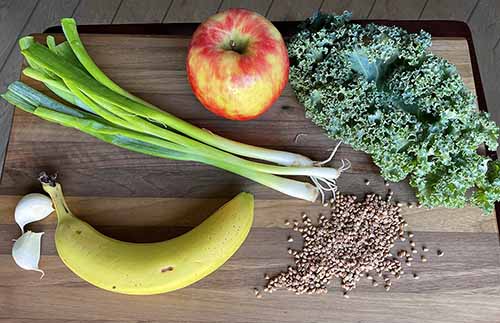
Prebiotics are high-fiber foods that provide nourishment for your microbiome. They include apples, bananas, whole grains, greens, onions, garlic, soybeans, artichokes and...wait for it...apple cider vinegar.
ACV contains a specific non-soluble fiber called pectin, which is a great food for your colony of helpful little beasties.
Apple Cider Vinegar has both probiotic and prebiotic properties!
This makes ACV a very helpful support for gut health, especially if you have a condition like celiac disease or gluten intolerance.
Do Not Give Up Your Gluten-Free Diet!
There is no cure for celiac disease, and the only treatment is a strict gluten free diet. Yet many people with celiac disease find that, even with the elimination of gluten, some symptoms persist. The rumbly tummy, the less than optimal bathroom experience...this is where apple cider vinegar can help.
Can Apple Cider Vinegar Prevent Miscarriage?
And What Does That Have To Do With Celiac Disease?
This is a bit of a story, but I think it illustrates what a lengthy and meandering road to diagnosis many folks with celiac endure. I know there are many women, many couples, who can relate. If this doesn't interest you, you can skip to the practical stuff.
It was the early 1990's, my son was about two years old and I was ready to add to my family again.
The first miscarriage was difficult and dramatic. I miscarried in the ultra sound clinic among an assembly of medical professionals who had no idea what to do. The receptionist’s biggest concern getting me out of her washroom. She wanted to make sure I didn’t stain the chairs in the waiting room while waiting for the ambulance.
Yet this first miscarriage wasn’t a huge cause for concern. These things happen.

At the time my doctor told me that about 20% of pregnancies end in miscarriage.
The next pregnancy went five months before the ultra sound showed the fetus has died. After having labor induced and delivering the fetus the testing started.
No diabetes, no genetic issues, no physical abnormalities of the uterus. I was poked and prodded until I felt more like a science experiment than a human being and all I got for it was no answers and two more miscarriages.
The one test that was not performed was a celiac test.
If you’re reading this, you’re probably not surprised and you probably have your own story of feeling like a frustrated pin cushion so I’m sure you can relate.
Back to the ACV Part of the Story
I've since learned that untreated celiac disease can cause miscarriage and other pregnancy issues.6 At the time though, I had no idea.

It was around this time that my friend gave me a book called “Folk Medicine: A New England Almanac of Natural Health from a Noted Vermont Country Doctor by D.C Jarvis, M.D. Apple cider vinegar and honey were at the core of his approach to natural medicine.
His research involved spending time with local farmers and observing animals, both on the farm and in the wild. One of his farmer buddies had a herd of cows that had frequent miscarriages. Adding apple cider vinegar to their feed resulted in an increase of calves on the farm7.
For me, ACV twice a day resulted in a beautiful baby girl. Frankly I think I got the better deal.
Jarvis concluded that the ACV thinned the blood and improved circulation. That could be true, but back in the fifties when Jarvis was doing his research we didn’t know about the micro biome or probiotics or pre-biotics. So it's possible he may have just come up with the best explanation he could for the time.
A More Recent Study
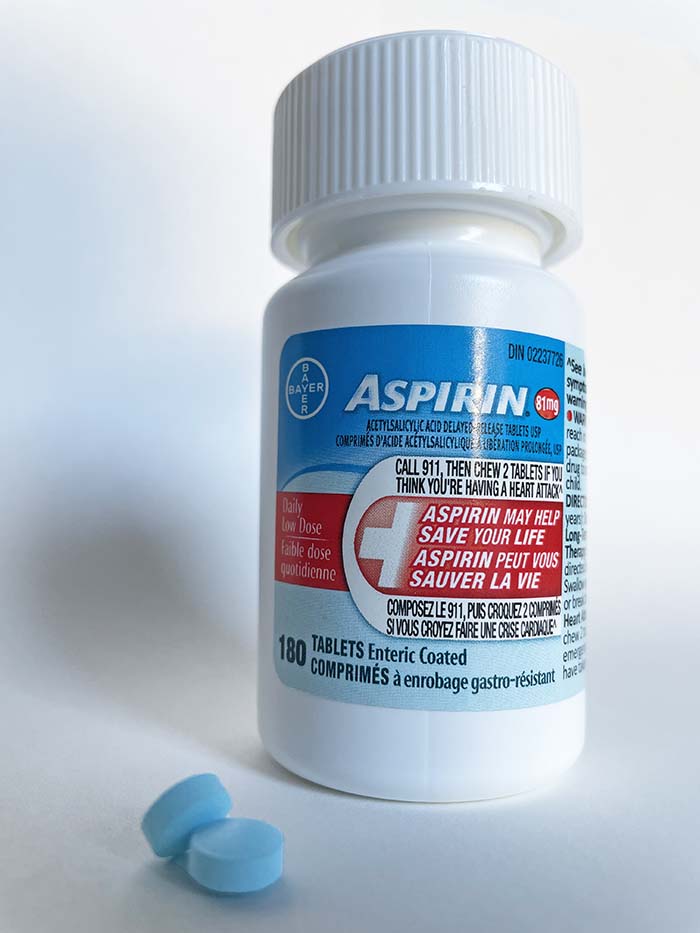
While I was going through these many miscarriages and many many doctor's appointments, my doctor told me about a study.
A research team at Toronto General Hospital was treating women who had multiple, unexplained miscarriages with low dose aspirin. The idea was that something was restricting proper blood flow to the fetus and aspirin, having blood thinning properties, might be able to help.
I went for the interview and the researcher told me that, at that time they had 24 patients in the study and so far all of them were doing well. I declined to participate in the study. I wasn't comfortable taking any drug while pregnant and preferred a more natural approach. But I think you're noticing like I did that there is some similarity between D.C. Jarvis's blood thinning story and the hypothesis of this study.
I've tried since to look for this study to see what the final results were but have not been able to find anything.
So does apple cider vinegar prevent miscarriage? I don't really know, but I did have a positive experience. It would have been better of course if I'd been tested for celiac disease and started on the road to recovery 17 years earlier than I did.
How To Use Apple Cider Vinegar
Some people take their ACV neat from a spoon or a shot glass. I did my share of shooters in my younger days but that’s just a bit sour for me. Also there is some evidence that taking it straight can erode tooth enamel and cause indigestion.
My routine, the one that I hold responsible for the birth of my daughter, is this.
I take two teaspoons of apple cider vinegar and two teaspoons of honey in water twice a day.
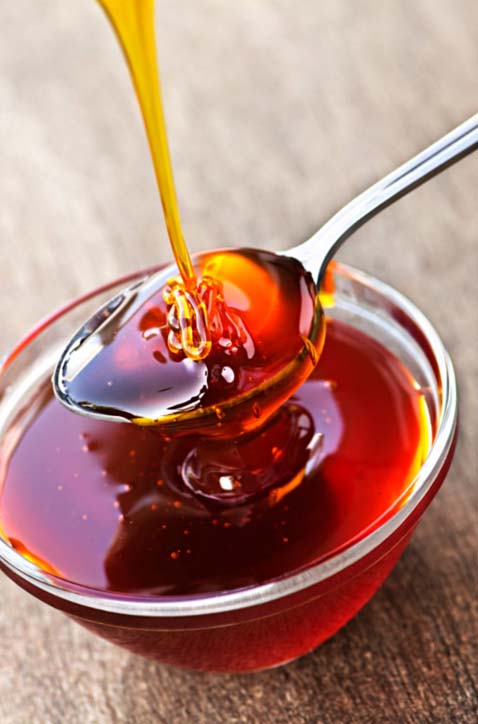
Use boiling water from the kettle and you have a nice soothing “tea”.
Use cold water and it’s just a pleasant, health enhancing cold drink.
I enjoy both depending on the mood I’m in.
It may be a bit of an acquired taste, but give it a chance. The honey makes the apple cider vinegar more palatable and according to Dr. Jarvis it contains a host of trace minerals that promote overall heath.
And if that’s not cool enough, there is some evidence that honey is also a pre-biotic. So you’re boosting the pre-biotic effect of your ACV by adding it to a little twice daily honey cocktail.
Apple Cider Vinegar and Cooking
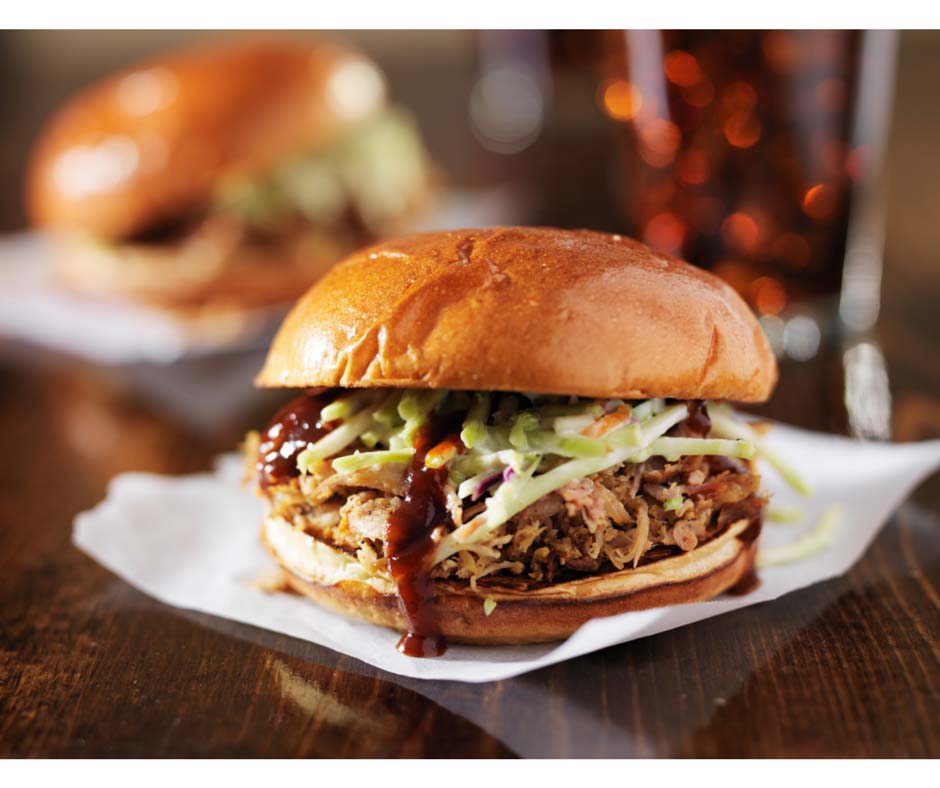
Your twice daily cocktail isn't the only opportunity to get a little ACV into your diet.
Acid is a foundational component in flavouring most foods and sauces.
That’s why ingredients like lemon or lime juice, various vinegars, wines, ports, sherries...show up so often in your recipe book.
ACV has it’s place there too. It has a very strong flavour so it’s appropriate for foods that have very robust flavours themselves. It goes especially wonderfully with pork.
Add a tablespoonful to your braising liquid if you’re cooking a pork shoulder, ribs or a cottage roll. A little bit to finish off your pulled pork adds a nice zing. Just a touch in the sauce for your meatballs is wonderful. Make a salad with sliced apples and add a spoonful of acv to the dressing. Use your imagination. I suggest going a bit easy at first though until you are used to flavouring with ACV. Like I mentioned, it’s a very strong flavour and can overpower your dish if you’re not careful.
Make Apple Cider Vinegar Part of Your Healthy Naturally Gluten-Free Life
While apple cider vinegar is not a cure-all, it can be helpful. Here is my recommendation.
 |
Eat a healthy, well balanced, naturally gluten-free diet |
 |
Include healthy, fermented pro-biotic foods like yogurt, sauerkraut, kimchi and kombucha. |
 |
Get pre-biotics in the form of non-soluble fiber from foods like apples, bananas, whole grains, greens, onions, garlic, soybeans and artichokes. |
 |
Sip an apple cider vinegar and honey cocktail, hot or cold, twice a day. |
 |
Add apple cider vinegar to your cooking. |
 |
If you think it will help, take a probiotic in capsule form |
So Is Apple Cider Vinegar For YOU?
Apple Cider Vinegar does not cure celiac disease and it may or may not help to prevent miscarriage. Yet, I think you'll agree that there is some good evidence, with expert backing, that ACV can support your gut health. Along with your gluten-free diet, it may help you to manage some of the lingering symptoms of celiac disease.
So give it a try. It's worked for me. It may work for you.
Home > Gluten-Free Lifestyle > Apple Cider Vinegar and Celiac Disease
Sources:
1. Wikimedia Foundation. (2021, July 27). Prebiotic (nutrition). Wikipedia. Retrieved September 21, 2021, from https://en.wikipedia.org/wiki/Prebiotic_(nutrition).
2. Merriam-Webster. (n.d.). Microbiome. Merriam-Webster. Retrieved October 17, 2021, from https://www.merriam-webster.com/dictionary/microbiome.
3. Guardian News and Media. (2018, March 26). The human microbiome: Why our microbes could be key to our health. The Guardian. Retrieved October 17, 2021, from https://www.theguardian.com/news/2018/mar/26/the-human-microbiome-why-our-microbes-could-be-key-to-our-health.
4. Velasquez-Manoff, M. (2013). An epidemic of absence: A new way of understanding allergies and autoimmune diseases. Scribner.
5. dappy, G., cgilmour, G., Maddy, G., sc'Que?, G., Stella, G., & df, G. (2019, June 10). Role of probiotics in improving gut health in celiac disease. Celiac.com. Retrieved September 21, 2021, from https://www.celiac.com/articles.html/role-of-probiotics-in-improving-gut-health-in-celiac-disease-r3027/.
6. R., G. P. H., & Jones, R. (2020). Celiac disease: A hidden epidemic. William Morrow, an imprint of HarperCollinsPublishers.
7. Jarvis, D. C. (1995). Folk medicine: A doctor's guide to good health. Carnell.
Home > Gluten-Free Lifestyle > Apple Cider For Your Tummy





